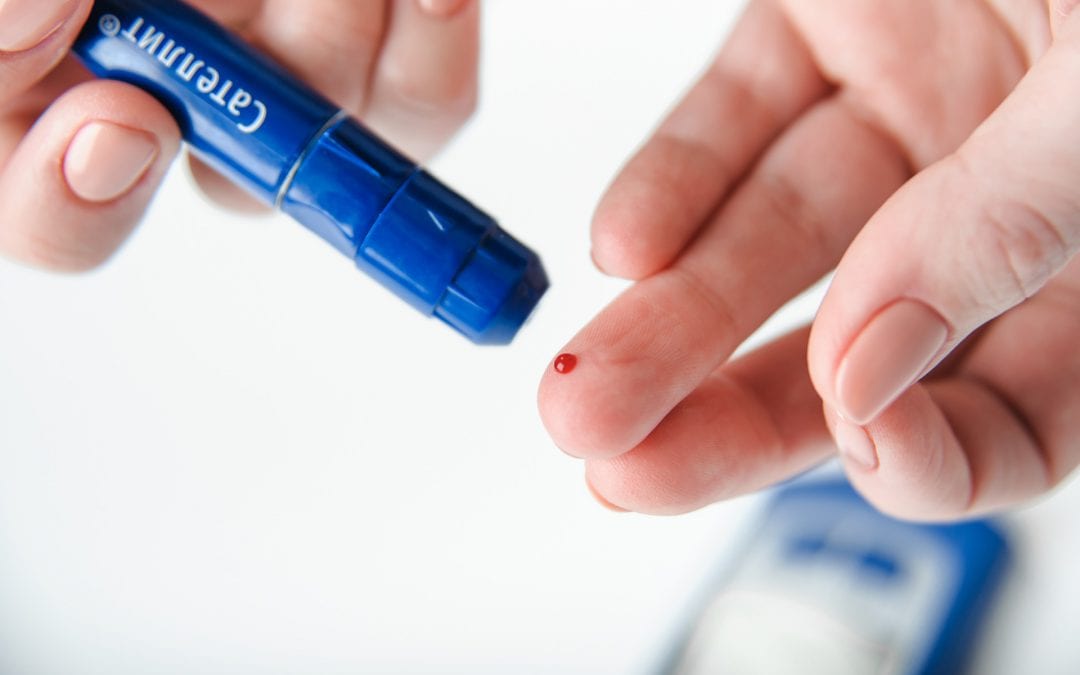What does this study add? This umbrella review solely focusses on the dietary factors, which allows for a very extensive analysis on specific diets, food groups, type of alcoholic beverages, macronutrients and micronutrients.
Reduced risk of diabetes
Many diets, food groups or nutrients are claimed to reduce the risk of diabetes 2. Think about a low carbohydrate diet, drinking coffee or whole grain products. This umbrella review collected all the studies, but only found high quality of evidence for consuming whole grains, cereal fibre, and alcohol in moderation.
For whole grains, every additional 30 grams a day (around two slices of whole grain bread) would decrease the risk by 18%, and every additional 10 grams of cereal fibre (3.5 bowls of oatmeal) a day by 25%. When alcohol is consumed in moderation (12-24 grams a day – around one to 2.5 drinks) a similar 25%-risk reduction is seen.
Beer, wine and spirits
What makes this study so interesting, is that the authors look extensively at possible differences between beer, wine and spirits. For spirits, no beneficial effect is found, but for both wine and beer consumption there is. The evidence was of higher quality for moderate beer consumption, but the reduction was more prominent for wine consumption.
Explanations as to why moderate alcohol consumption could decrease the risk of type 2 diabetes are often allocated to the alcohol itself. For example, alcohol increases the insulin sensitivity and decreases inflammation3. But why there are possible difference between alcoholic beverages remains not fully understood. The authors did find a reduced risk of diabetes due to polyphenols (which are often present in higher concentrations in red wine) but the evidence is only of low quality and it was not further discussed in the article.
Increased risk of diabetes
The authors did not only find high quality evidence for dietary factors that could have a protective effect, but also for factors that could increase the risk of type 2 diabetes. According to the study, one sugar sweetened beverage a day increases the risk by 26%; consumption of 100 grams red meat per day by 17%; fifty grams of processed meat by 37%; and two slices of bacon per day even doubles the risk, with an increase of a 107%.
Diabetes
An estimated 425 million adults are living with diabetes worldwide. They are at increased risk for many other health problems, such as a stroke, kidney disease, eye problems or nerve damage. Type 2 diabetes is the most common type, accounting for 90% of the cases. With type 2, there are risk factors that cannot be prevented or changed, such as family history and age, but lifestyle (such as diet) also plays an important role in the onset of diabetes.
- Only meta-analyses included
- A very extensive overview of all dietary factors
- Methodological quality and quality of evidence rated
Limitations
- Only one meta-analysis per factor could be included
- Recalculation was not possible for many dose-response meta-analyses
- Changes in consumption were not evaluated
References
1 Neuenschwander, M., Ballon, A., Weber, K. S., Norat, T., Aune, D., Schwingshackl, L., & Schlesinger, S. (2019). Role of diet in type 2 diabetes incidence: umbrella review of meta-analyses of prospective observational studies. bmj, 366, l2368.
2: Bellou, V., Belbasis, L., Tzoulaki, I., & Evangelou, E. (2018). Risk factors for type 2 diabetes mellitus: An exposure-wide umbrella review of meta-analyses. PloS one, 13(3), e0194127.
3: Kennisinstituut Bier – Diabetes type 2
Fotocredits: ‘diabetes’ from Stanias

